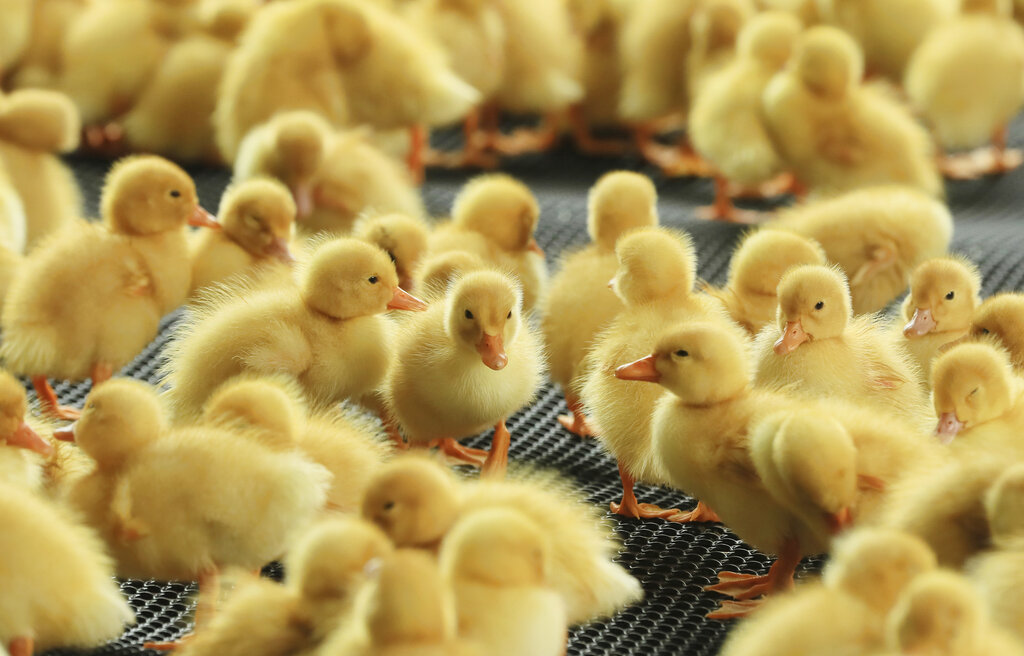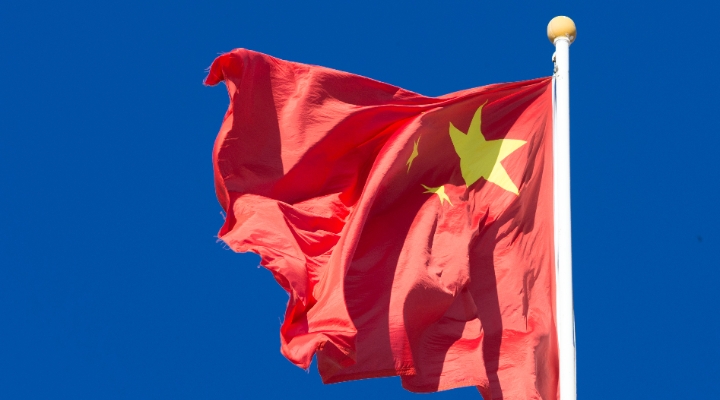Kate Lin: Welcome to the Morningstar Asia Outlook for 2023. I'm Kate Lin, a data journalist, based in Hong Kong. In 2022, Chinese consumers were cautious spenders and not just on expensive discretionary items, the gloomy economic backdrop has also dragged on beer, beverages, dairy and other daily staples products. Jacky Tsang, equity analyst at Morningstar, is going to tell us what consumption in China is going to be like in 2023.
Hi, Jacky.
Jacky Tsang: Hi, Kate.
Lin: Let's talk about dairy names. For companies like Yili (600887) and Mengniu (02319), what business lines were most impacted in 2022 and will this continue in the next year?
Tsang: Yeah. So, the weaker-than-expected consumer sentiment has affected both premium and mass market liquid milk demand for these dairy companies. So, for the high-end premium liquid milk, obviously, soft consumer confidence has slowed down the growth rate of these products. And actually, in the lower tier cities as well, we've also seen a slowdown in mass market liquid milk, because as the consumer awareness for dairy intake in these low-income regions are still developing, so some of these dairy products are considered somewhat discretionary when the low-income groups face squeezed pockets. So, that's why we also see slowdown in mass market liquid milk demand. But we do expect improving economic activities and improving consumer confidence to benefit the dairy companies next year.
Lin: What about beverage and beer stocks? Will their earnings also be under pressure in 2023?
Tsang: Yeah. So, in 2022, basically, the companies in the beer sector and also other beverages segments also saw some demand hit because of reduced foot traffic from COVID-induced restrictions and also sluggish consumer confidence. And then, the elevated input costs also put pressure on these companies' earnings. But then, we do expect brighter outlook for the beer breweries. For example, in 2023, as we see a more clear path of reopening and the switch of COVID policies in mainland China, so we expect increased foot traffic and also more reopening of the trade channels such as restaurants, nightlife channels to be a tailwind for the major beer names under our coverage. But we do expect a bumpy path of reopening as the consumers are trying to adjust with living with COVID.
Lin: Right. Will the premiumization trends among these staple names derail, do you think? Will this happen in 2023?
Tsang: So, we do expect the longer-term premiumization trend to remain intact. The trend we saw in 2022 where the premium products demand slowed down is primarily due to a more than – weaker than expected consumer sentiment from longer than expected COVID control policies that also disrupted certain economic activities. So, that's why in the longer term, we expect that with rising per capita income in the country, consumers' demand for premium products should continue.
Lin: So, on the cost side, are you concerned about margin compression because of surging input costs around the world?
Tsang: We do expect some cost pressure to linger in 2023, but probably alleviating versus this year. So, for example, we do see palm oil prices coming down in the recent months, which should be a tailwind for companies like Uni-President China (00220), Tingyi Holding (00322) and Blue Moon Group (06993). But we expect energy costs to remain somewhat elevated. So, that's why for the companies that rely a lot on petrochemical products like PET, so the pressure should remain. And then, also, like, logistics costs and overhead costs, which also hinge on the energy prices, should also remain elevated for these companies. So, that's why we think the input cost pressure should remain. But then, the sectors where there's more favorable competitive landscape should allow the major companies to pass on these increased costs through price increases, such as dairy and beer segments. But for the other companies that face more stiff competition, they may find it more difficult to pass on the increased cost to consumers.
Lin: Lastly, among these defensive names, which names should investors focus on?
Tsang: So, currently, for the consumer staples stocks under our coverage, the beer names, first of all, we think the recent rally has mostly priced in the 2023 reopening. So, we do see the dairy stocks continue to be undervalued with the multiples that they are at currently. And then, for Mengniu, in particular, we expect the company to outperform in the near term, because it has a large exposure to the upper tier cities. So, with the high income of the consumers there, we do expect a faster recovery for Mengniu. But then, on the longer term, we do expect Yili to continue benefiting from their lower tier penetration. So, we remain positive on the channel strength of Yili.
Lin: Right. Thank you so much, Jacky. Stay tuned for more on the Outlook series.












.png)






.jpg)





